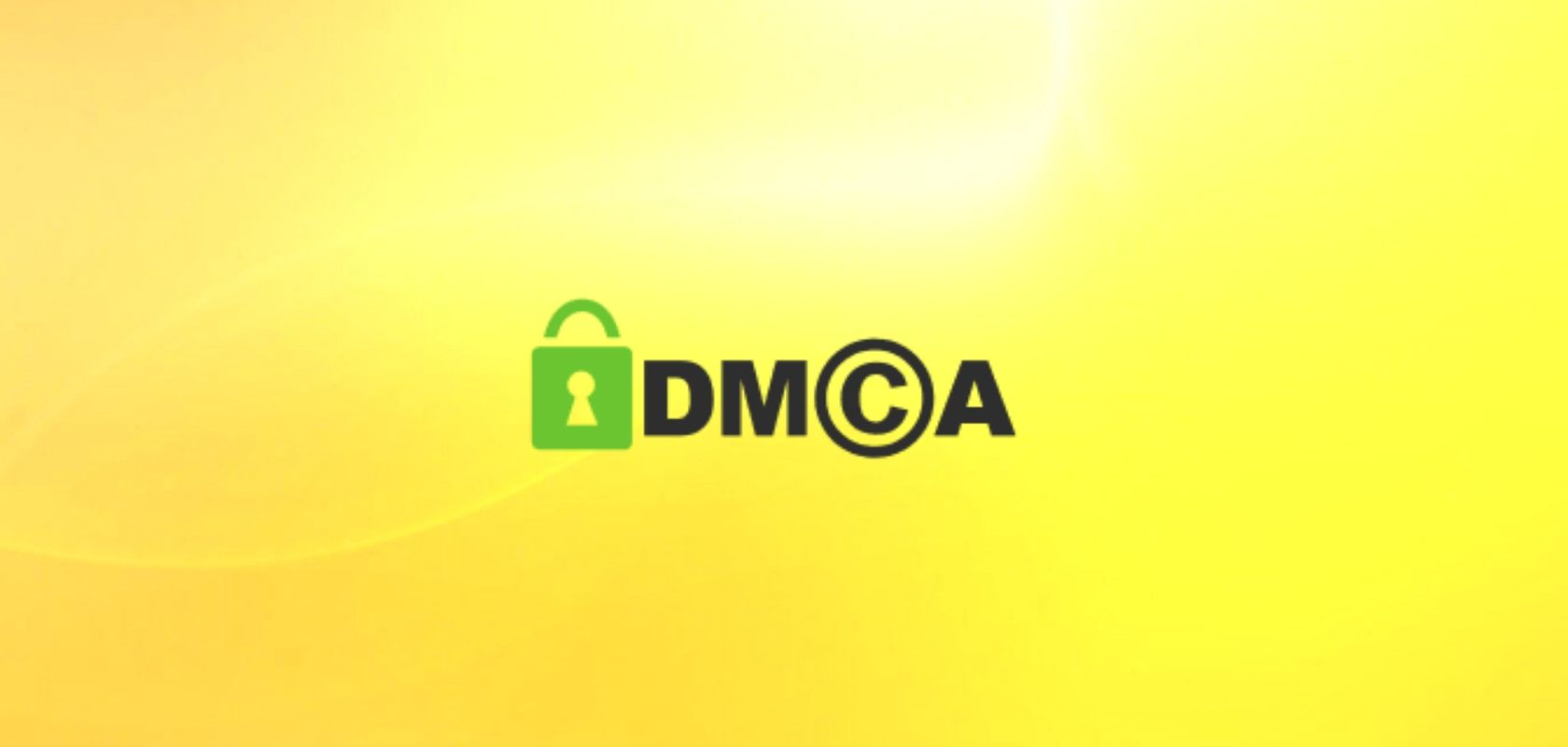The Communications Decency Act (CDA) Section 230 is what’s most often talked about lately, as a piece of legislation that’s long overdue for reform.
But there is another contentious legal solution in the US that similarly provides protections to online platforms against legal liability for user-generated content.
That one is the Digital Millennium Copyright Act (DMCA) and its safe harbor provision, i.e., Section 512. It is the reason why YouTube and other similar platforms have been able to continue to exist, let alone snowball into globally dominant giants; and they can continue to reap the benefits as long as they dish out DMCA takedown notices fast enough – in what’s now an automated and unsophisticated system that’s often harmful to creators.
But this angle doesn’t exactly appear to be of concern, as an initiative has gotten underway in the Senate Judiciary Committee on Intellectual Property to “modernize” the DMCA – like the CDA, a legal act that’s now over 20 years old.
Beside Section 512, DMCA’s main point is Section 1201, protecting DRM access control systems, TorrentFreak says.
The first hearing immediately showed that agreeing on ways to amend Section 512 would be the more difficult of the two tasks. One of the authors of the DMCA, Steven J. Metalitz, testified to say that the problem with the copyright takedown notice system is that it was designed to tackle a low volume of complaints and be handled by humans – while in the meantime, due to the huge growth of online content and real or alleged copyright infringement, the process has been automated.
Metalitz says the platforms are suffering because they can’t act quickly enough to remove all contested content and make sure they maintain their safe harbor status. His solution? “Look into voluntary arrangements between copyright holders and service providers, such as licensing and other mechanisms, that can help to mitigate and manage online infringement, perhaps underpinned by changes in the law,” TorretFreak writes.
However, Sandra Aistairs, a director at the Center For Protection of Intellectual Property wants an even more aggressive approach that what is implemented now, and finds inspiration in EU’s controversial Copyright Directive and its Article 17, i.e., the upload filter requirement.
Harvard Law School Professor Rebecca Tushnet, on the other hand, said that only giants have to deal with extremely high levels of DMCA notices, and that changing the DMCA to introduce filters would undermine smaller players who wouldn’t be able to afford the technology.
“While market pressures and business decisions have led a few large sites like YouTube to more filter-based systems, it is important not to treat YouTube as a model for the internet at large – unless the only online service we want to survive is YouTube,” Tushnet said.













